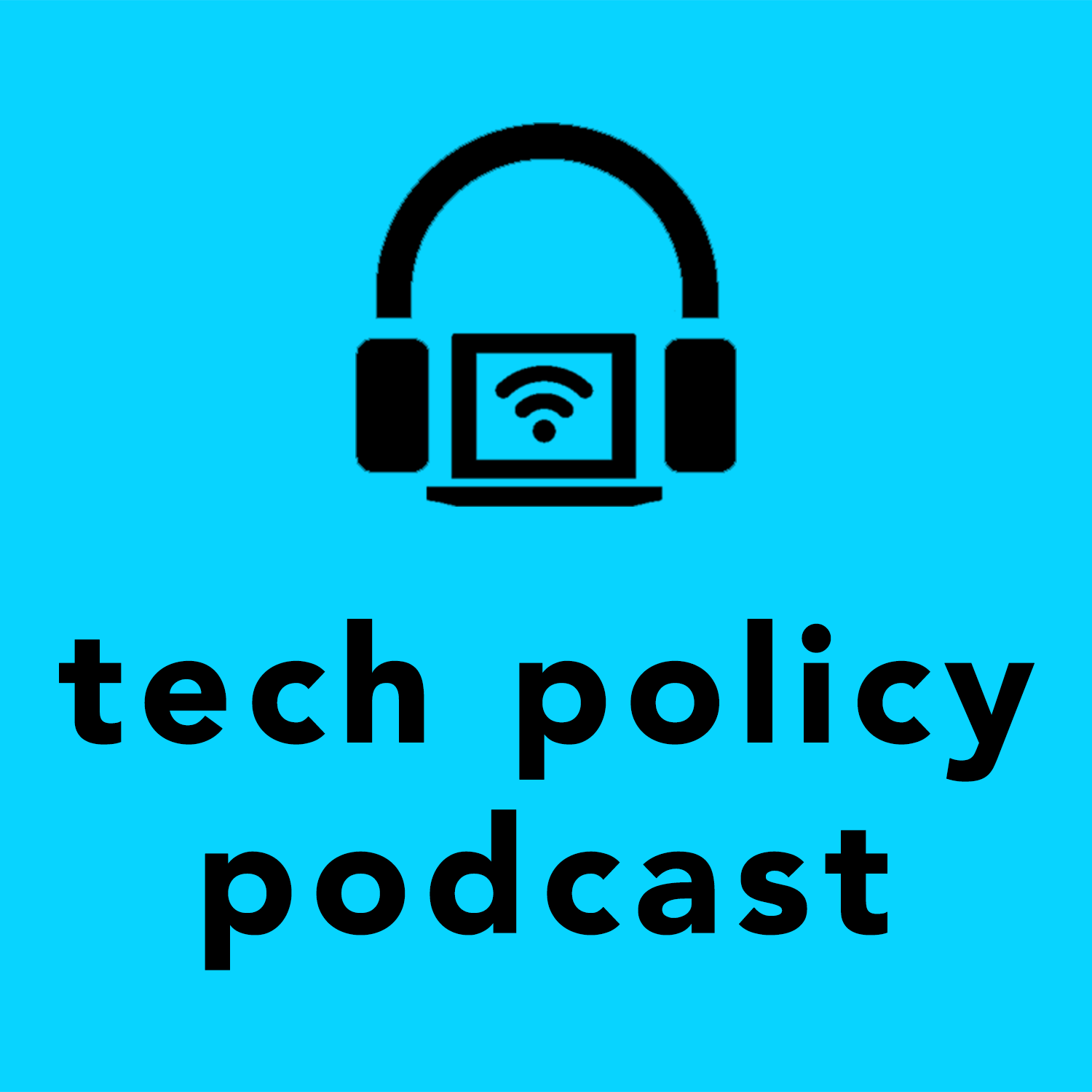Episodes
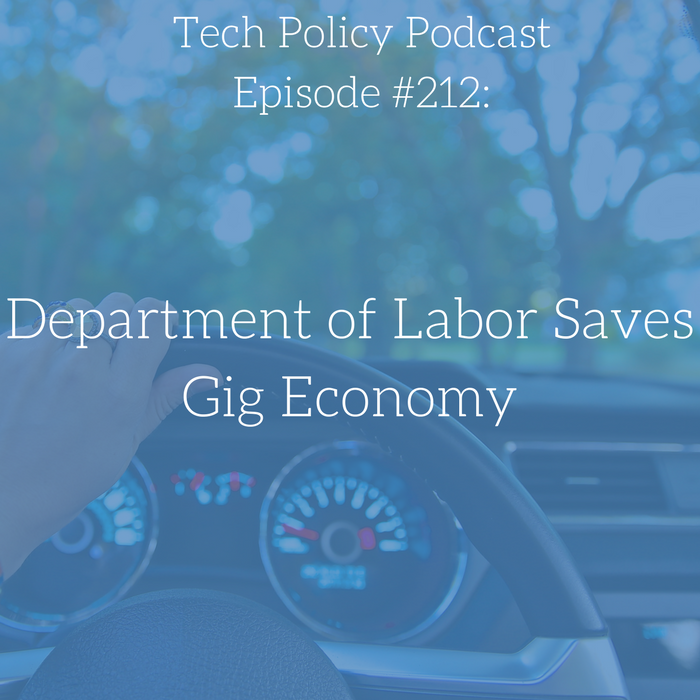
Monday Nov 13, 2017
#204: Digital Learning: Future or a Flunk?
Monday Nov 13, 2017
Monday Nov 13, 2017
While many classrooms have iPads and children rely on the Internet to do their homework, in many ways education is still an analog experience. Are we headed for a wave of disruption? Or are there certain human elements of education that simply can’t be digitized? Evan is joined by Jan Hein Hoogstad, founder and technology developer for Offcourse, an online education platform. They discuss the state of online education, the challenges it faces, and how government policies might change the game.

Sunday Nov 05, 2017
#203: Super Mathio? What We Learn From Video Games
Sunday Nov 05, 2017
Sunday Nov 05, 2017
Video games have presented a challenge for parents since their advent. “Get off the couch and play outside!” or “Read a book!” are phrases the host of this podcast heard plenty throughout his childhood. But it’s been over three decades since Pong was invented, and the landscape has changed dramatically. Video gaming has become a professional and spectator sport, and the industry’s impact on the economy is significant. But can gaming also help educate people and build a workforce fit for a high-tech, 21st century economy? Evan is joined by Erik Huey Senior Vice President for Government Affairs at the Entertainment Software Association. They discuss the role of video games in STEM education, what to expect from virtual reality, and how “e-sports” are changing society. To see how your state is impacted, check out www.areweinyourstate.org.
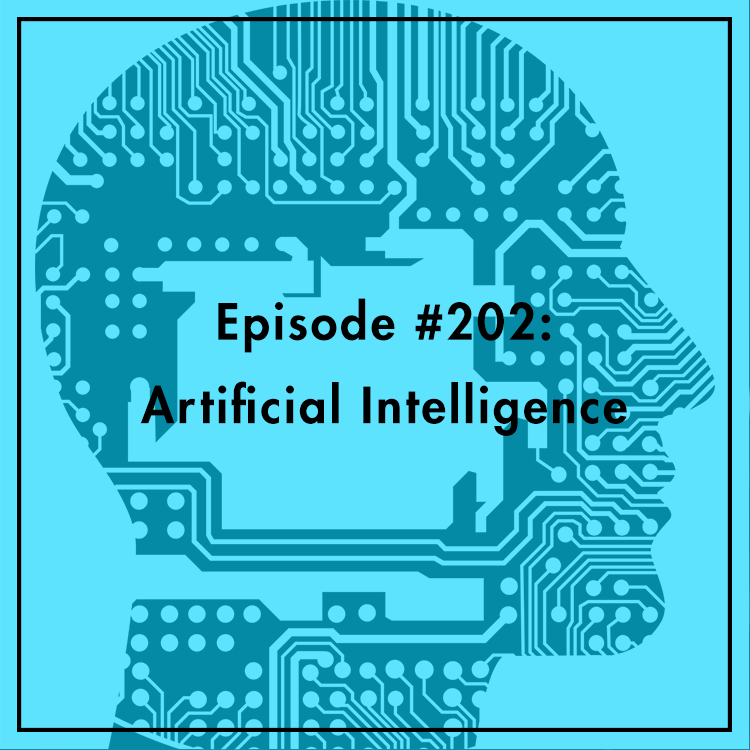
Monday Oct 30, 2017
#202: Artificial Intelligence
Monday Oct 30, 2017
Monday Oct 30, 2017
Artificial intelligence is already transforming our lives in many ways, and it has the potential to do so much more. But it seems like news headlines only focus on potential job loss and the end of the world than increased productivity and social benefits. Is this because our mental imagery of AI is so influenced by dystopian sci-fi novels and movies like Terminator? Or have policymakers not done enough to communicate honestly about the disruptions we face with AI? What can listeners of this podcast reasonably expect to see in the coming years? Is there even a single definition of AI that everyone can agree on? Evan is joined by Elizabeth Hudson, Senior Research Scientist of Machine Learning at Symbotic, an industrial robotics company, and Austin Carson, Executive Director of TechFreedom.
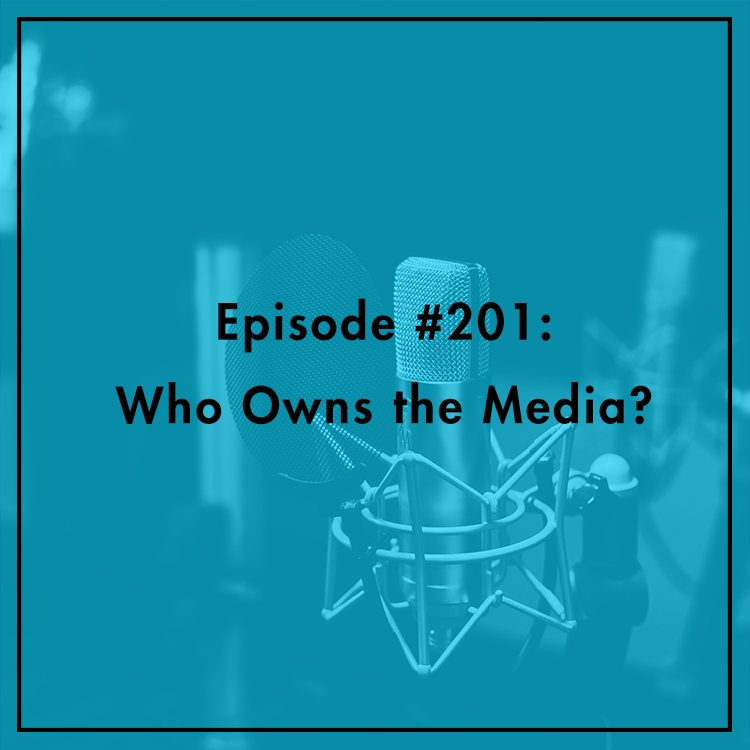
Monday Oct 23, 2017
#201: Who Owns the Media?
Monday Oct 23, 2017
Monday Oct 23, 2017
In 1975, “media” essentially meant television, radio, and newspapers. Obviously, today’s market looks way different thanks to the Internet and other developments. We have cable and satellite TV, online news, podcasts, and social media. We have “cord cutters” and “cord nevers,” and there are more ways to consume more content than ever before. In this competitive environment, however, many of the media regulations passed by the FCC in the 1970s still apply to TV, radio, and newspapers. Are these rules necessary to prevent consolidation, ensure competition, and promote a diversity of viewpoints? Or are they making it harder for traditional media to compete in the Digital Age? Evan is joined by Jerianne Timmerman, Senior VP and Senior Deputy General Counsel at the National Association of Broadcasters. For more, see her blog post.
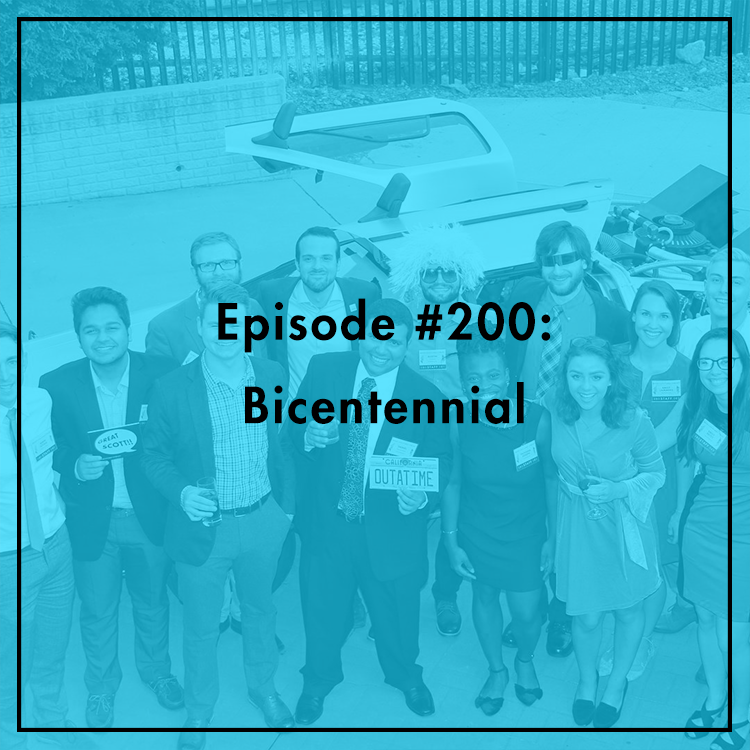
Sunday Oct 15, 2017
#200: Bicentennial
Sunday Oct 15, 2017
Sunday Oct 15, 2017
Pop some champagne and untangle your headphones, as the Tech Policy Podcast is celebrating it's 200th episode. Woo! Evan sits down with Austin Carson, Executive Director of TechFreedom and an all-around normal guy. They celebrate this milestone, solving all of the world's problems in under 30 minutes and answering some of your burning questions. Are all New Yorkers this awful, or is it just Evan? Why can't Austin stop his hands hitting the table during recording? Is tech policy about to get really ugly, or can think tanks like TechFreedom help bind the wounds? If you've enjoyed this show, please consider donating to us to help keep it going.
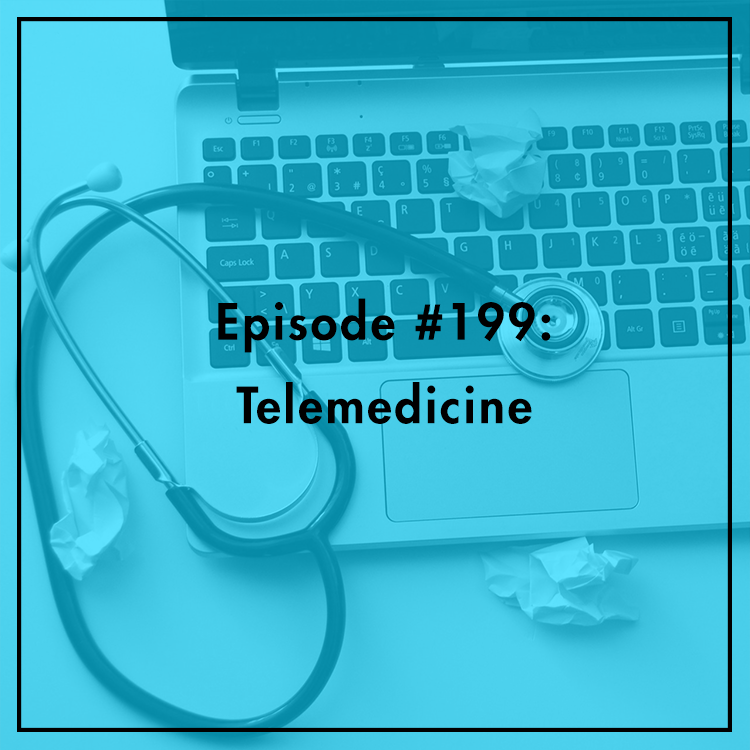
Saturday Oct 07, 2017
#199: Telemedicine
Saturday Oct 07, 2017
Saturday Oct 07, 2017
The Internet has disrupted the way we communicate, entertain ourselves, and more. But what about how we take care of ourselves? While the Fitbit and Apple Watch are nice ways to track exercise, how often do we still have to fill out paper forms when we visit a doctor? Is there more to telemedicine than “counting steps?” Evan is joined by Nadia Morris, Director at the AT&T Connected Health Foundry in Houston, TX, an innovation center focusing on digital health technologies by working with startups, and established companies. They discuss what technology means for blindness, diabetes, opioid addiction, and other public health issues. Are bigger data sets the key to better health? How can universities use the “cloud” to do better research?
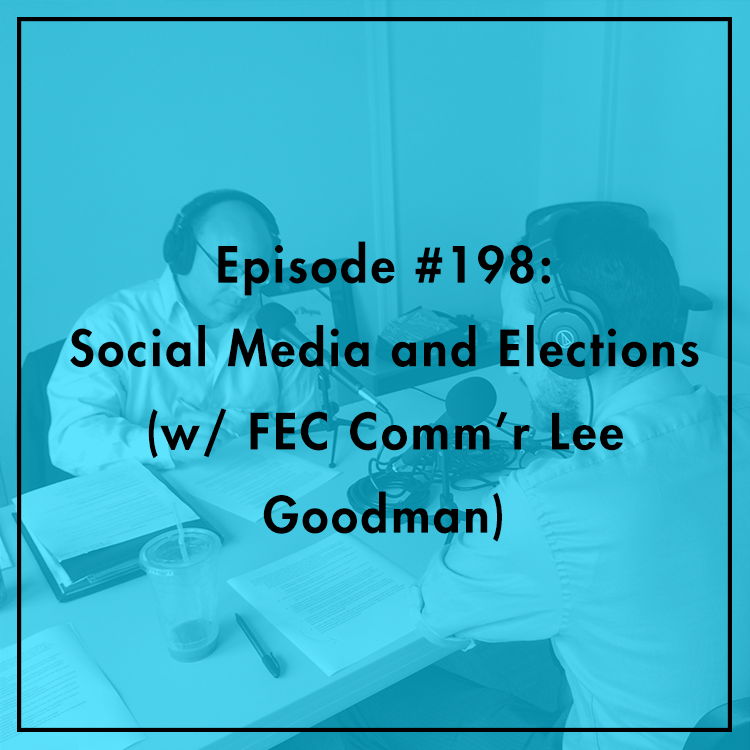
Monday Oct 02, 2017
#198: Social Media and Elections (w/ FEC Comm'r Lee Goodman)
Monday Oct 02, 2017
Monday Oct 02, 2017
Russia's meddling in the 2016 election isn't exactly breaking news. But recently, social media platforms like Facebook and Twitter are facing an intense backlash from prominent Senators after revelations that Russian actors bought hundreds of thousands of dollars worth of ads meant to stoke division among Americans on hot button issues like gun control, race relations, and even the recent NFL protests. Should the Federal Election Commission regulate social media ads the same way it does television, radio, and direct mail? What would that mean for the free speech rights of Americans and U.S residents? Many are calling for social media platforms to be treated like public utilities. How might that impact the Internet? Evan discusses with FEC Commissioner Lee Goodman. For a different take, see his former colleague Ann Ravel’s op-ed here. For more on digital free speech, listen to our previous episodes with Goodman: #107 and #116.
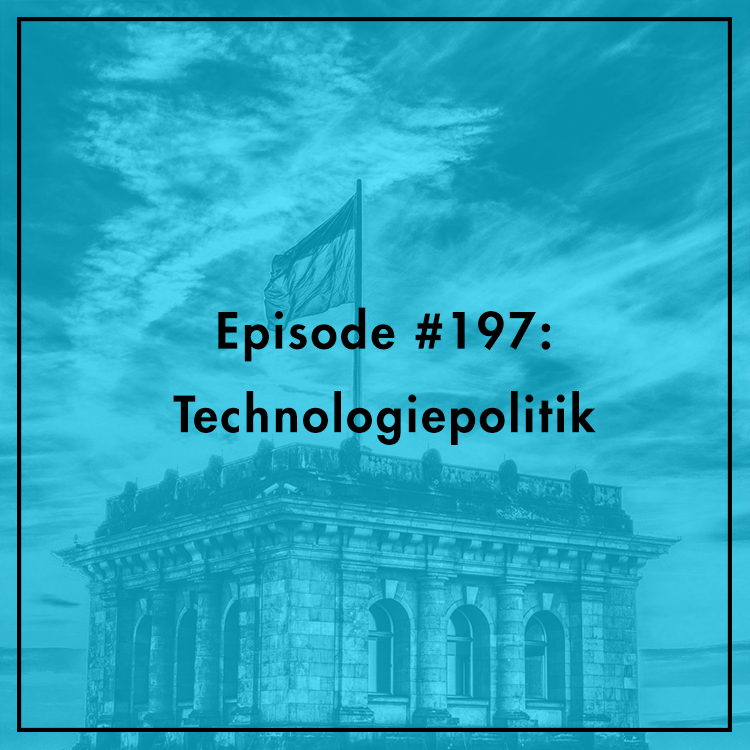
Friday Sep 22, 2017
#197: Technologiepolitik
Friday Sep 22, 2017
Friday Sep 22, 2017
Germans head to the polls on Sunday for a national election. And while many political headlines are bemoaning what could be a “boring” victory for Chancellor Angela Merkel, the election could have serious implications for tech policy. Will Merkel’s coalition with the social democrats (SPD) survive, or might we see an unexpected contract with the up and coming libertarian-leaning “free democrats (FDP)?” Would continuity mean more government hacking, facial recognition in the subways, and stockpiling of cyber vulnerabilities, or will a possible new coalition partner like the FDP push back against the government’s ever growing powers in the digital realm? Evan is joined by Julia Schuetze, Berlin-based project manager of the Transatlantic Cyber Forum at Stiftung Neue Verantwortung.
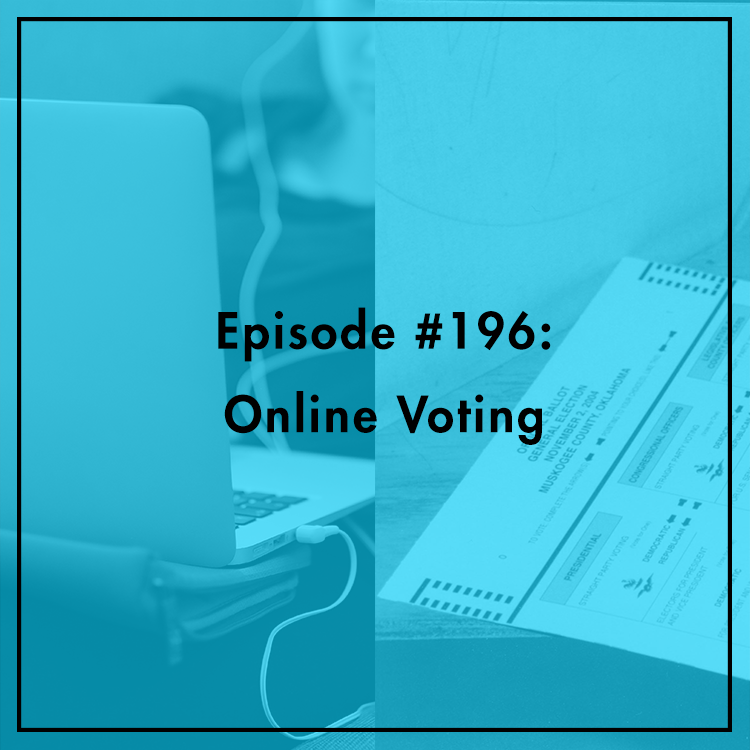
Tuesday Sep 19, 2017
#196: Online Voting
Tuesday Sep 19, 2017
Tuesday Sep 19, 2017
When it comes to voter turnout, America lags behind much of the world. Could online voting help spur more civic engagement? The 2016 election was plagued by headlines about Russian hacking, faulty voting machines, and frustration over the Electoral College. But with all the concern around cybersecurity and the integrity of elections, is online voting really the solution? Does the Internet make elections less or more secure? What can the U.S. learn from countries like Estonia? Evan is joined by Andrew Weinreich, tech entrepreneur and host of the podcast, “Predicting Our Future.”
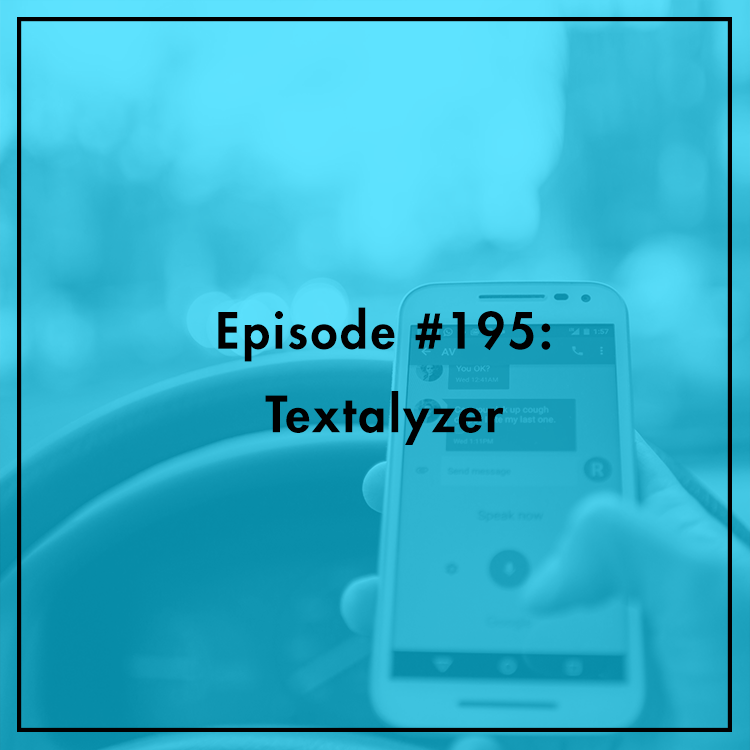
Tuesday Sep 12, 2017
#195: Textalyzer
Tuesday Sep 12, 2017
Tuesday Sep 12, 2017
When it comes to tech policy, New York seems to lead the way in… interesting ideas. The government has an important role in making sure our roads are safe for driving. This means there’s nothing abnormal about a police officer checking their blood alcohol levels with a breathalyzer. But the “textalyzer” is a different animal: law enforcement scanning phones to see if drivers were “texting” before an accident raises a host of privacy and cybersecurity concerns, among other issues. Manufactured by Cellebrite, an Israel-based tech company, the textalyzer is still months away from coming to market. But New York is considering legislation that would authorize law enforcement to use the textalyzer when it’s available for purchase. Are these types of searches legal under current case law, and what would they mean for civil liberties? Evan is joined by Dan King, an Advocate at Young Voices. For more, see his op-ed.

